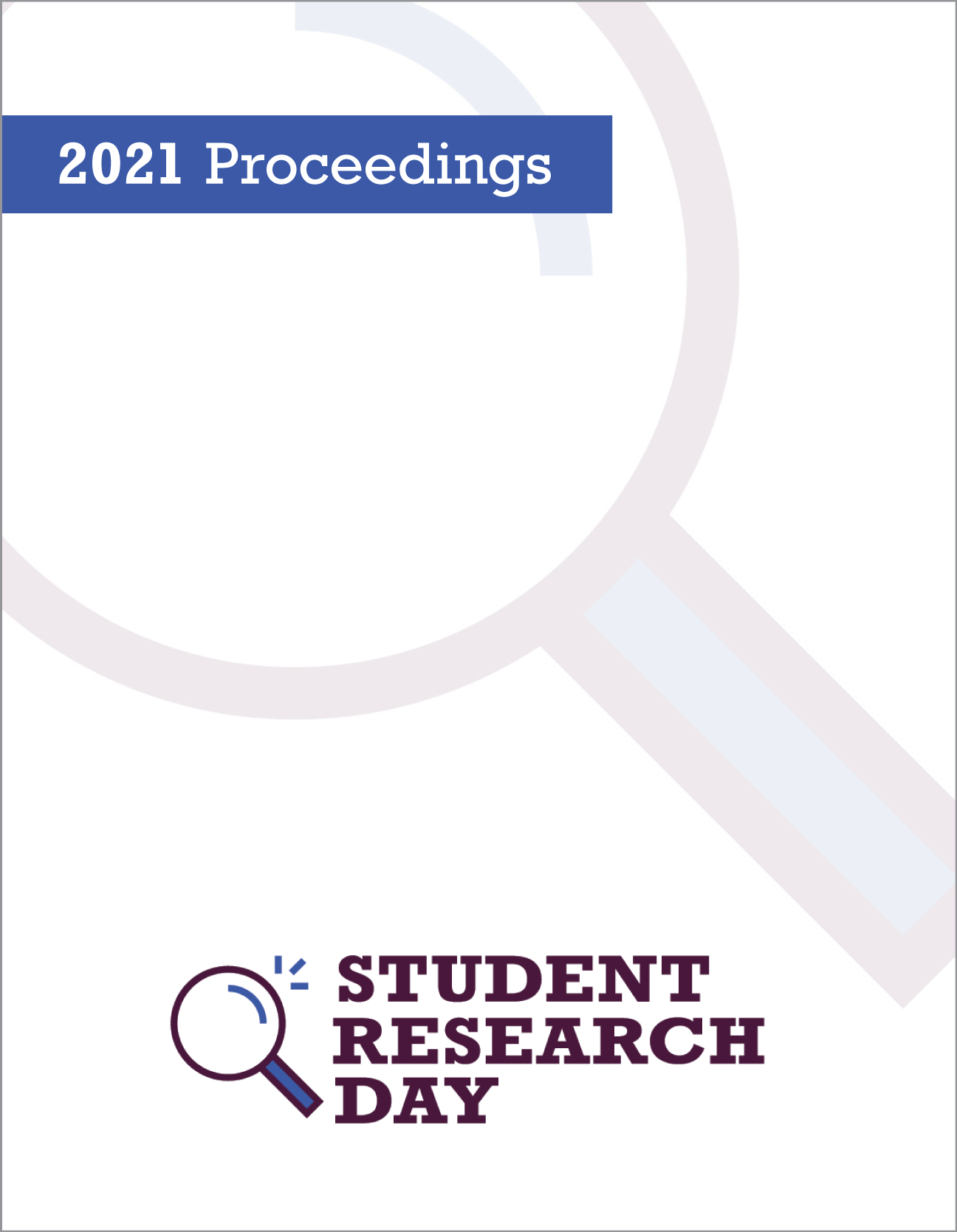Research Proposal: A Gender Gap or Gender Difference? Gender and Political Participation in Canada
Abstract
Studies find that men and women tend to do a similar amount of political participation, however, they tend to engage in different forms of participation (Bode, 2017, p. 598; Coffé & Bolzendahl, 2010, p. 330; Van Duyn et al., 2019, p.10; Pfanzelt & Spies, 2019, p. 45). Women tend to engage in more private and flexible forms, whereas men tend to participate in more direct and collective forms (Coffé & Bolzendahl, 2010, 330). However, there is variation when studies take into account the platform. Many studies mention political socialization or gendered socialization as a possible explanation for their findings in regards to women’s political participation trends, while others mention conflict avoidance or role models (Coffé & Bolzendahl, 2010, p. 330; Coffé & Bolzendahl, 2017, p. 149; Beauregard, 2016, p. 87; Bos et al., 2020, p. 477; Carreras, 2018, p. 40; Coffé & Bolzendahl, 2017, p. 149; Pfanzelt & Spies, 2019, p. 45; Caudillo, 2017, p. 128). In this proposal, I intend to discuss my literature review and how I will answer the following main research questions in my honours thesis: Is there a gender gap in overall political participation amongst Canadians? To what extent do views about politics being conflictual explain gendered differences in political participation in Canada? And, to what extent do female role models have an effect on Canadian women’s political participation? I will be using Jamovi programming to complete a quantitative study based on the secondary analysis of Canadian data from a 2021 Kantar administered study designed by Dr. Shelley Boulianne.
Department: Sociology
Faculty Mentor: Dr. Shelley Boulianne
References
Published
Issue
Section
License
Authors retain any and all existing copyright to works contributed to these proceedings.



